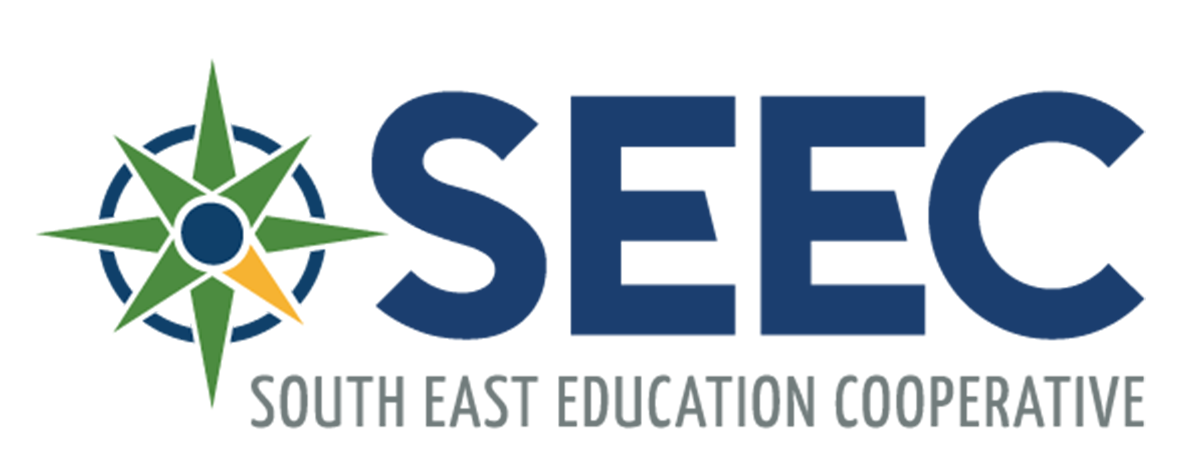Description
Disregard the event date as this course is open for enrollment year-round.
Featuring footage from ND classrooms highlighting implementation exemplars and includes the following content: Introduction to SOR, Systematic, Explicit Instruction, the 5 Big Ideas of Reading, and Data-Informed Decisions (MTSS). Intermittent checks for understanding support participants in knowledge acquisition.
AUDIENCE: K-3 Educators who do not teach reading directly (Art, PE, Library, Music, etc.)
COURSE COMPLETION: 2 hours
COST: FREE for North Dakota educators
Recent legislation places an emphasis on student literacy in the early grades. House Bill 1388 states that “…each teacher who teaches kindergarten through grade three at a school district or nonpublic school and each principal of a public or nonpublic school with kindergarten through grade three shall attend teacher-approved, professional development training that includes topics focused on:
Phonemic Awareness
Phonics
Fluency
Vocabulary
Comprehension, and
Uses systematic, direct instruction for students in kindergarten through grade three to ensure students obtain necessary early reading skills”
Content area specialists are uniquely positioned to contribute to a student’s literacy outcomes. This course will affirm the value of music educators, physical education educators, library media specialists, school counselors and other educators who don’t teach reading directly of their importance in a student learning to read. In addition, the course will cover the requirements in HB 1388.
COURSE CONTENT:
Module 1: Overview of HB 1388 and the Science of Reading
- I don’t teach reading, why am I here?
- How are students in North Dakota doing with reading?
- What are the impacts of illiteracy in our communities?
- How does literacy begin?
- How do we help more students become proficient readers?
Module 2: Foundational Skills - Phonemic Awareness and Phonics
- What does Phonemic Awareness mean?
- What is Phonics?
- How can I support these foundational literacy skills in my content area?
Module 3: Vocabulary and Background Knowledge
- How are background knowledge and vocabulary related?
- What words do students need to learn?
- How can I support vocabulary development and background knowledge in my content area?
Module 4: Fluency and Comprehension
- How do we practice fluency in my discipline?
- What are some ways to support all kids when we read in my class?
- How do all these skills lead to reading comprehension?
This course was created to meet the needs of educators who do not teach reading directly to meet the requirements of HB 1388.


